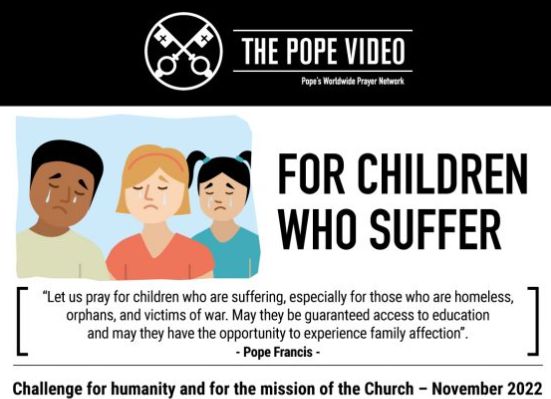
Climate Change and Children in Families
Two themes occupied my mind in putting together this version of MARFAM’S weekly e-newsletter: World Environment Day, a UN annual commemoration, and Children belong in Families, MARFAM’s theme for June. Is there a connection? Surprisingly, for me, there is.
Since 1973 this day June 5th has been commemorated as World Environment Day. Its origin was a UN conference on the Human Environment in 1972 in Stockholm. Sweden had first suggested in 1968 to the United Nations Economic and Social Council ECOSOC the idea of having a UN conference on human interactions with the environment. The main principles of the 26 principles agreed at the 1972 conference were: natural resources must be safeguarded, the Earth’s capacity to produce renewable resources must be maintained and Wildlife must be safeguarded. A commemoration, World Environment Day, was accepted as an outcome since 1973.
The environmental awareness process did not run smoothly from the start. For political and economic reasons some countries boycotted the conference. Developed and developing countries had different agendas and expectations about needs. The process, under the auspices of the UN and the UNEP, its Environmental Programme is housed in Kenya, happily for the Global South. It has continued for the next 50+ years and includes the very important annual COP meetings and a number of other major events. The UNEP World Environment Day on June 5 each year is celebrated around the world but has a main host country. A great variety of themes over the years has included aspects of the earth, water, desert, oceans, islands, plastic, pollution, and people mentioned at times, although “families” have come up only once in 1994, the first International Year of the Family.

Clearly, as in most organisations and countries, world issues are addressed side by side in the UN Ecosoc. Population, environment, social development among others each have their own department or UN agency, even though they often overlap and have much in common, e.g. all face environmental issues from their own perspective. As noted during May, FAMILIES AND CLIMATE CHANGE was the 2024 IYF+30 theme, independent of the UN WORLD ENVIRONMENT DAY theme of LAND RESTORATION, DESERTIFICATION AND DROUGHT RESILIENCE.
An aspect I did not consider too deeply in my reflections on FAMILIES AND CLIMATE CHANGE was the greater environmental impacts such as drought and even desertification for families, even in our region. Land is an issue in South Africa too, for some it is the issue of land ownership but for farmers the perspective of food security is all important.
UNEP writes, “According to the UN Convention to Combat Desertification, up to 40 per cent of the planet’s land is degraded, directly affecting half of the world’s population. The number and duration of droughts has increased by 29 per cent since 2000 – without urgent action, droughts may affect over three-quarters of the world’s population by 2050,” the United Nations official website wrote.
Apart from the condition of the actual land, conflict over ownership on a national or regional scale is one of the main causes of war, civil war within a country ((Israel and Palestine) )or even invasions (Russia and Ukraine). Religious beliefs per se are not the cause, but radical sectors, particular Islamic, in a number of countries in Africa are engaged in conflict, if not outright war, between Islam and Christianity or traditional religions.

Sudan is a country vulnerable to all the 2024 WED conditions mentioned above, natural and caused by human actions, such as war sending millions of displaced people into refugee camps. I have been reading a book, also made into a documentary film https://en.wikipedia.org/wiki/God_Grew_Tired_of_Us. a memoir by John Buldau, who as a young Sudanese boy fled his Southern Sudan rural home village after a massacre by northern soldiers. Sudan is a very large country in north Africa which has suffered separate periods of civil war that has religious as well as cultural roots between north and south and also Darfur to the west. All these also have massive environmental impacts on displacing people, desertification, deforestation and diverse climate impacts.
John was a Dinka boy, a culture he describes as having strong family values and also a traditional family-based way of life. He escaped with his life and literally walked hundreds of kilometres to reach a refugee camp in Ethopia and safety, while later he moved to Kakuma, a camp for boys in Kenya. Alone with an adult, a mother and her two young daughters, and later with various groups of other young boys and some adults from time to time they walked, naked or barely clothed and barefoot through all kinds of terrain, suffered extreme heat and cold, hunger and desperate thirst. Having been mentored by his companion he became a leader to number of boys of all ages as they begged, stole or foraged for food, slept outside, were attacked and injured with some left to die. He describes a sad reality for at least 20 000 children “The Lost Boys of Sudan,”all of whom lost their parents, siblings, families and for many their roots, when up to 10 000 were adopted and resettled in the US through the UN and refugee programmes. Lost girls experienced other traumatic situations of rape, forced marriage, slavery and trafficking.
Considering our focus on children belonging in families how were these children, now grown up, adapting to life in the US, having to deal with post-traumatic stress disorder, and the reality of abnormal developmental growth. However many benefited greatly from the opportunities in the US and some brought their success back to help others. Many stories and experiences have been documented about this still tragic episode in the life of a country.

Another example of displaced children is the forced abduction of children by Russia from Ukraine from 2022. President Putin has been charged with this crime by the International Court of Justice. Numbers and situations vary but hundreds of thousands of children are involved in many different ways, orphaned, lost, abandoned, taken from their towns and villages and children’s homes.

There is certainly great social awareness of the suffering of children as daily reports of killings and injuries in Gaza include numbers of children involved. Pope Francis has met with children, listened and asked the world to pray for children who are suffering. Crimes against children in any context are crimes against families too, as parents and other family members suffer as a result while there are times when families are responsible too. Crimes against nature, creation, “Our World a Family of Families” have repercussions on the healthy growth and development of children. “Save the Children,: should not only be a humanitarian aid agency but a clarion call to the world and its families to protect all our future. TR FAMILY WEEKLY 5 JUNE 2024
Faith for Earth Coalition | UNEP – UN Environment Programme another resource to explore.

THOUGHTS FOR THE DAY JUNE 5. “Tree huggers arise!”
June 5. World Environment Day. Justin shared in the family group, “I can remember being part of this commemoration of World Environment Day a long time ago when care of creation was something quite strange and new and often people would laugh at us and call “bunny-huggers” or “tree-huggers.” We did persist because we believed in the cause and now we do feel justified.”
Reflect, share, scripture: God did not give us a spirit of timidity but a spirit of power and love and self-control. Do not be ashamed of testifying to our Lord, not of me his prisoner, but take your share of suffering for the gospel in the power of God. 2 Tim 1-12. Pope Francis: Ethics leads to a God who calls for a committed response which is outside of the categories of the marketplace. EG57. True statecraft is manifest when in difficult times we uphold high principles and think of the long-term common good. Thinking of those who come after us does not serve electoral purposes yet it is what authentic justice demands. FT 178. ACTION AND PRAYER. How difficult is it to stand up for something you believe in?

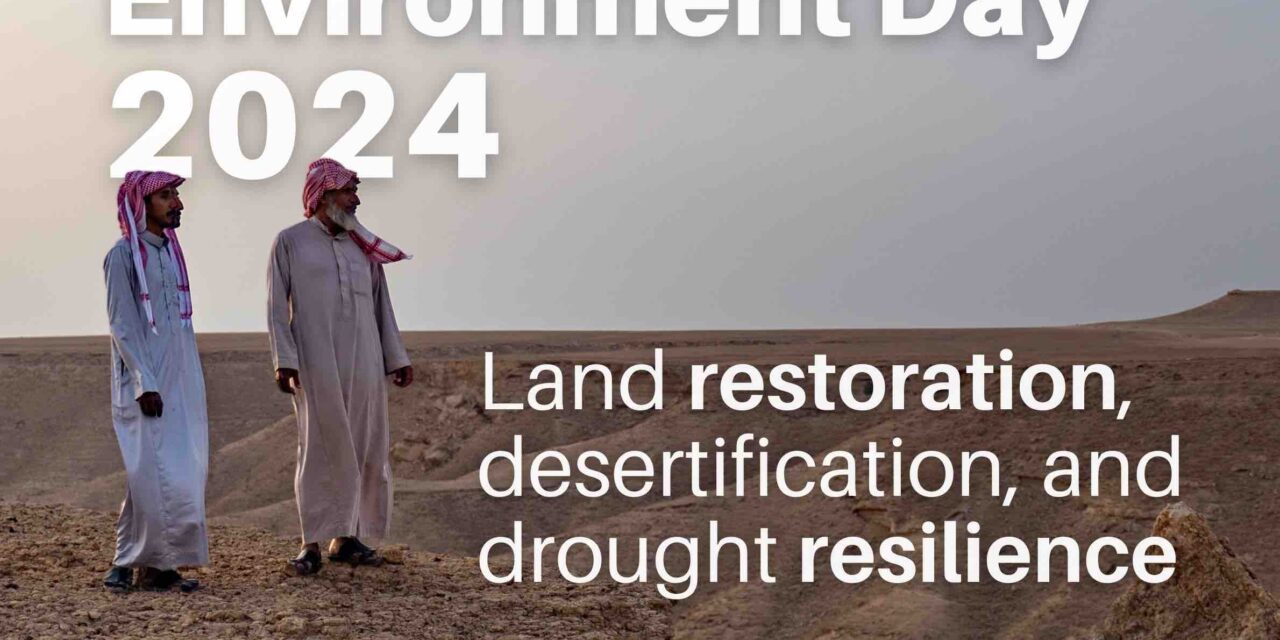
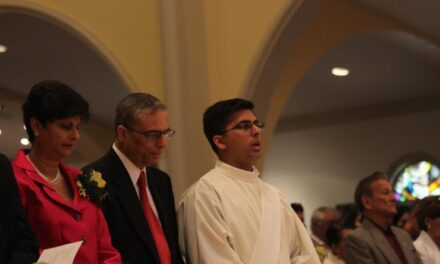


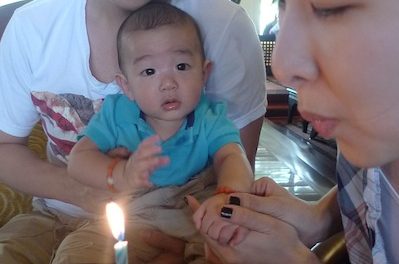
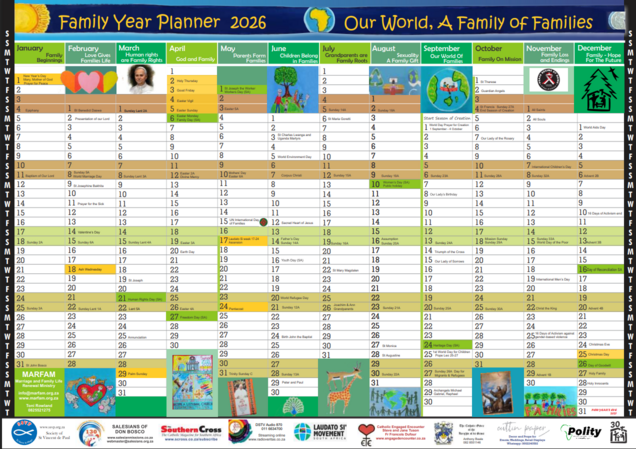
Recent Comments